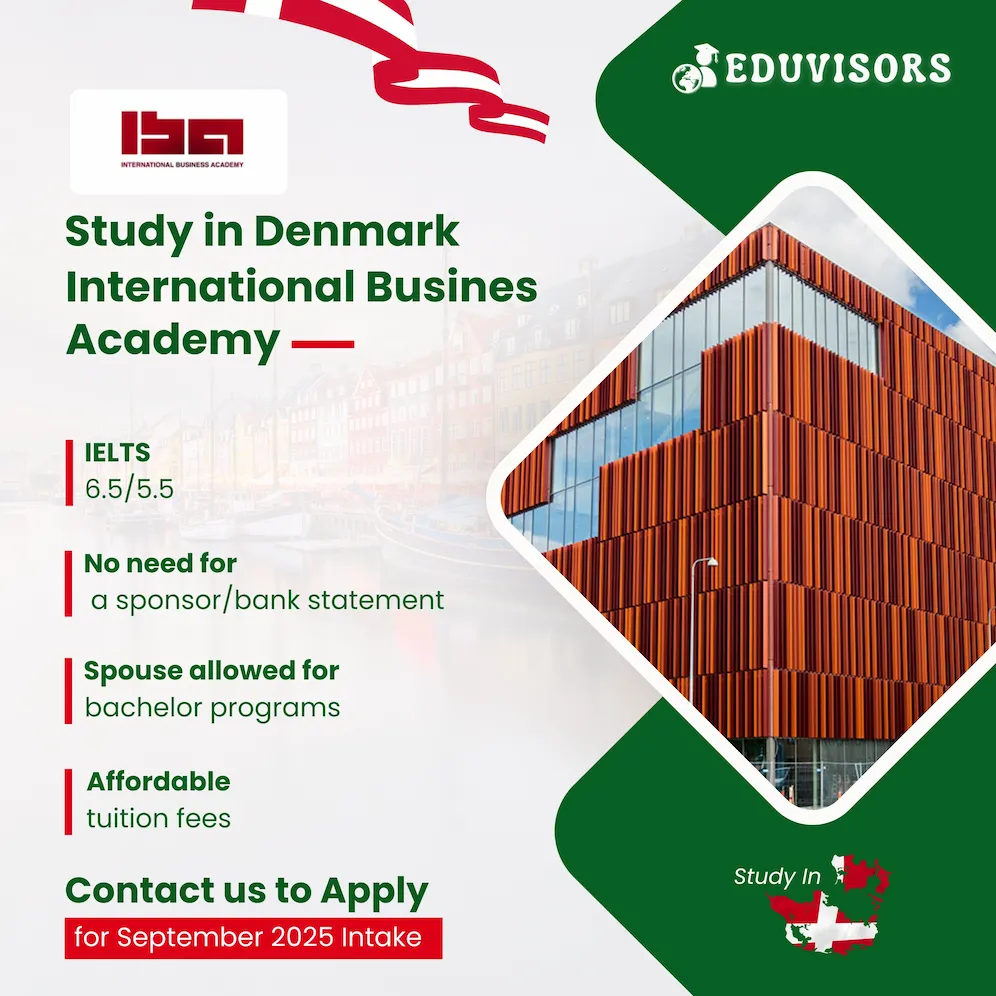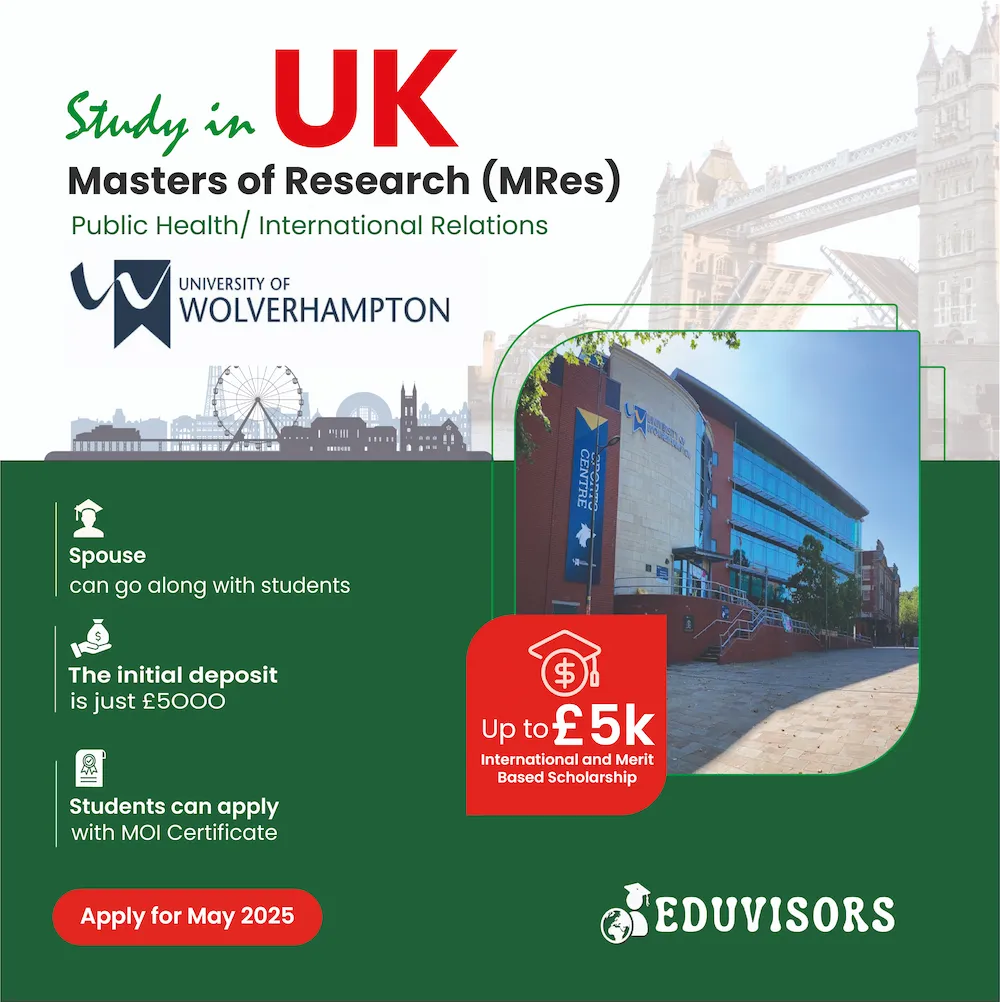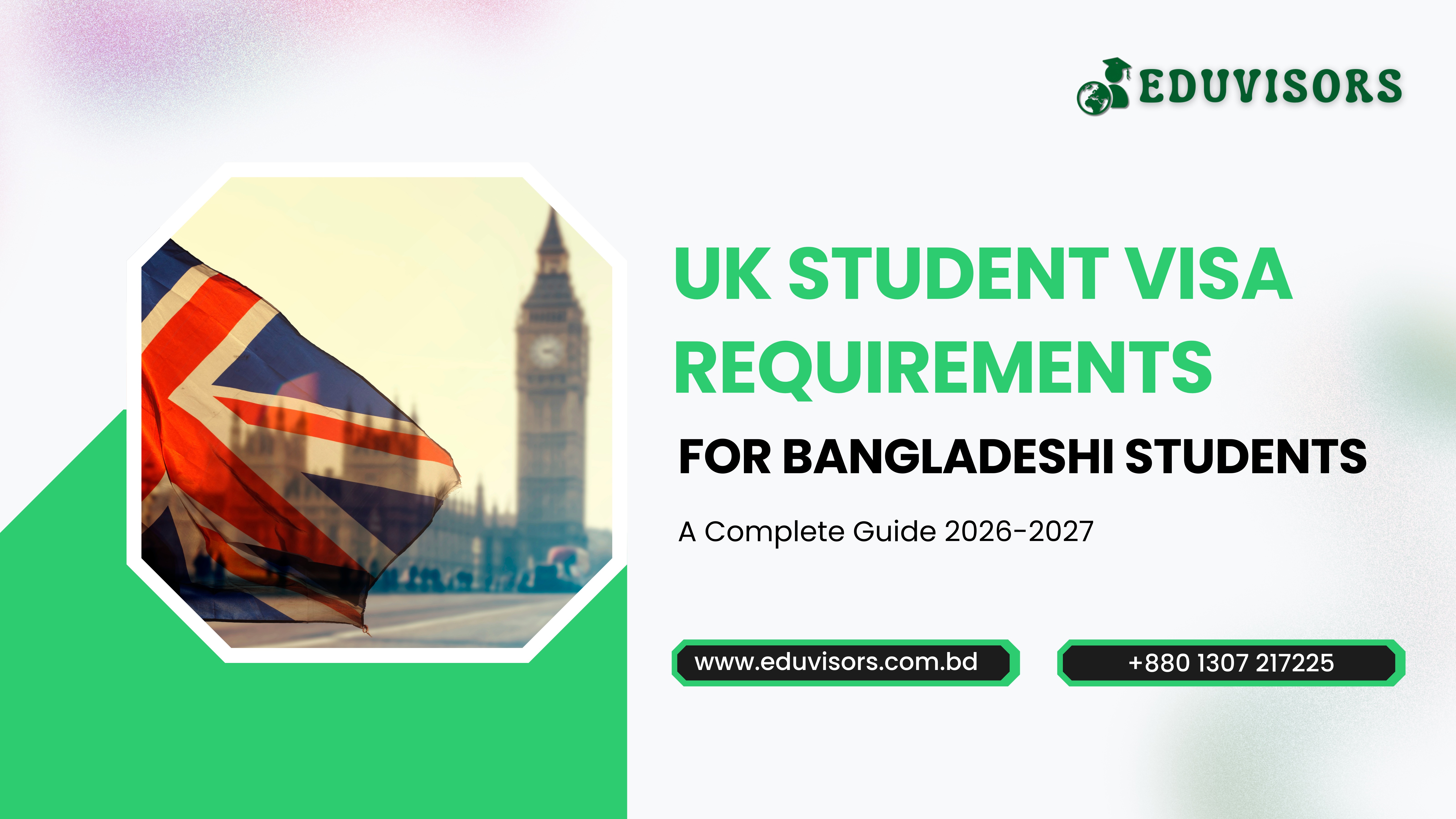To be admitted to an international institution, applicants must fulfill specific requirements designed to consider their varied educational experiences. Many essential elements are included in the admissions process:
English Proficiency Requirement for International Students
Most colleges and universities have entry conditions for international students to prove their English language proficiency. Standardized assessments like the TOEFL (Test of English as a Foreign Language), IELTS (International English Language Testing System), Cambridge English exams (such as the CAE or CPE), or other similar exams are frequently included in these criteria.
The minimum score requirements for these tests may vary throughout programs or universities. For example, specific programs may place more emphasis on reading and writing, while others may demand a higher speaking score. Furthermore, certain institutions may offer language tests or programs for students who don’t meet the necessary competency levels.
Universities may demand an IELTS score of 5.5 to 7.0 or higher for undergraduate degrees; the minimum English language requirement individual band score usually is not less than 5.0. The minimum score necessary for graduate certificate programs is typically higher, typically between 6.0 and 7.5 or higher. Higher scores in each band may be required for student admission to some highly competitive programs or institutions.
International applicants should verify that the university they are applying to meets the required English proficiency standards. They must also consider any exclusions or substitute approaches that might be used to fulfill these prerequisites, like finishing prior coursework at English-medium schools or presenting documentation of substantial proficiency in the language.
Financial Certification
International students frequently have to show that they have sufficient funds to pay for their studies abroad, including living expenses and tuition. Depending on the country’s laws and organization, different financial certifications or documents may be needed; nonetheless, the following are some typical formats:
Bank Statements
Students may need to submit current bank statements that demonstrate they have enough funds to meet their living expenses while enrolled in programs. The required quantity may differ by country and institution.
Sponsorship Letters
Students may require a letter from their sponsor reiterating their commitment to pay for their education, whether the government, an organization, or a private citizen is sponsoring them.
Scholarships and Financial Aid Letters
The student may be required to submit evidence attesting to the amount and length of any financial help or scholarships they have been granted.
Affidavit of Support
Some organizations or countries may require a signed affidavit of support from a sponsor or family member outlining their financial responsibilities for the student.
Loan documentation
If the student has taken out a loan to pay for their expenditures, they may require a copy of the loan agreement and its terms from the lending organization.
Proof of Income
Students may occasionally be required to present documentation of their own or their family’s income or work to show that they are financially stable.
Application and Related Fees
The application and associated costs for students from other countries differ significantly depending on the country, the program being applied to, the institution, the level of study (postgraduate or undergraduate), and the application itself. During the application process, students from different countries may be charged the following standard fees:
Application Fee
There is a fee associated with applying to a college or university. Usually, it varies between $50 and $100 or more, though different universities may have quite different rates.
Standardized Test Fees
International students may be required to pay fees to take standardized exams like the TOEFL, IELTS, GRE, GMAT, or SAT. These fees can range from $150 to $300 or more each test.
Document Evaluation
Certain universities require credential evaluation services, which may cost up to $300, to evaluate international academic transcripts.
Costs for applying for a student visa
After being admitted, international students usually have to pay fees for student visas. Depending on the nation, these costs range from $100 to $500 or more.
Health Insurance
Many colleges may offer their insurance plans or require that international students obtain health insurance. Depending on the coverage provided, the annual cost of health insurance can range from a few hundred to over a thousand dollars.
Student Visa Criteria
Student visas are a crucial aspect of studying abroad. Here’s a brief overview:
Visa criteria for the United Kingdom:
- Type of Visa: Student Visa, Tier 4 (General).
- How to Apply: You can apply for a visa in person or online.
- The required documents include proof of finances, an acceptance letter from a UK university, the results of any applicable tuberculosis tests, and more.
- Biometrics: Usually necessary to proceed with the application.
- Work Rights: Permits part-time employment while pursuing education.
- Dependents: Dependents may enter on certain visas.
Visa criteria for Canada:
- Type of Visa: Study Permit.
- How to Apply: You can apply for a visa in person or online.
- Documents required: a valid passport, an acceptance letter, and evidence of financial assistance.
- Biometrics: Frequently necessary for the application.
- Work Rights: Permits part-time employment while enrolled in secondary school.
Visa criteria for the USA
- Type of Visa: F-1 Academic Study Visa.
- Procedure for Application: Apply at any American consulate or embassy.
- Required Documents: The institution’s Form I-20, evidence of financial assistance, and a valid passport are among the required documents.
- Biometrics: This may be necessary.
- Work rights: permits specific off-campus work as well as limited on-campus work.
Visa criteria for Hungary:
- Type of Visa: Permanent Resident Permit or Extended Student Visa.
- How to Apply: Apply at the Hungarian consulate or embassy in your nation of residence.
- Documents required: proof of finances, health insurance, and an acceptance letter from a Hungarian institution, among others.
- Biometrics: This may be necessary.
- Work Rights: Students’ work rights are limited.
Visa criteria for Denmark:
- Type of Visa: Studying Resident Permit.
- Application Procedure: Apply at any consulate or embassy in Denmark.
- Documents required: a valid passport, an acceptance letter, and evidence of finances.
- Biometrics: This may be necessary.
- Work Rights: Permits a set amount of work time during studies.
Visa criteria for Finland:
- Type of Visa: Studying Resident Permit.
- Application Procedure: Apply at any consulate or embassy in Finland.
- Documents required: Include an acceptance letter, evidence of finances, and health insurance, among others.
- Biometrics: Typically necessary.
- Work Rights: Permits part-time employment while pursuing education.
Visa criteria for Sweden:
- Visa Category: Study Permit for Residency.
- Application Procedure: Apply in person at a consulate or embassy in Sweden.
- Documents required: a valid passport, an acceptance letter, and evidence of finances.
- Biometrics: Typically necessary.
- Work Rights: Permits part-time employment while pursuing education.
Visa criteria for Australia:
- Type of Visa: Student Subclass 500 Visa.
- Application Process: You can apply in person at an Australian embassy or consulate or online via the Australian government’s Department of Home Affairs website.
- Documents required: proof of financial capability, a valid passport, health insurance, and a confirmation of enrollment (CoE) from an Australian university, among others.
- Biometrics: Depending on your country of origin, this may be necessary.
- English competence: IELTS, TOEFL, and other tests may be used as proof of English competence.
- Work Rights: Gives students a restricted amount of work rights.
- Health Insurance: For the duration of your stay, you must have Overseas Student Health Coverage (OSHC).
- Genuine Temporary Entrants (GTEs) Requirement: Candidates must show sincere plans to spend some time studying in Australia.
Passport and immigration documents
For international students, having the correct passport and immigration documents is essential for studying abroad. Here are the key documents typically required:
Passport
One of the primary forms of identification is a passport. It should be suitable for the entirety of your stay abroad and typically for a short period after that.
Visa or Residence Permit
You can require a residency permit for extended stays or a student visa for short programs, depending on the nation and length of the study program. This document permits admission and a valid stay in this country for education.
Acceptance Letter
An official letter verifying your enrollment in a particular course of study. Applications for permits or visas frequently need this.
Financial Documents
Documents attest to your ability to pay for living expenses, tuition, and other costs during your stay.
Health Insurance
Evidence of health insurance coverage up to the organization’s or government’s standards. International students are required to have health insurance in several countries.
Academic Transcripts and Certificates
During the application process, copies of your transcripts, diplomas, and degree programs may be required.
Biometric Information
Certain nations need biometric information (photos, fingerprints) as a condition of granting a visa.
Language Proficiency
It may be necessary to provide proof of your ability in the language of instruction, mainly if it is not your first language.
Additional Documentation
An air ticket, evidence of lodging, a travel schedule, or any particular documentation required by the embassy, consulate, or organization may be included in this.
International Student Financial Statement
An International Student Financial Statement is an essential document for studying abroad. It shows evidence of your ability to pay for the extra expenses of studying abroad. Below is a summary of what it usually entails:
- Personal data: Includes full name, birthdate, contact details, and passport information.
- Sources of Funding: Information on the available funds, including any savings, loans, sponsorships, scholarships, and other financial resources.
- Financial Data: Amounts available in each financing source, broken down by specifics. Allocation of funding for living expenses, accommodation, insurance, and other educational costs in addition to tuition fees.
- Documents in Support: Documentation, such as bank statements, loan approval paperwork, sponsorship letters, scholarship award notifications, etc, confirming the financial resources mentioned in the statement.
- Currency and Conversion Rates: The currency of funds and conversion rates into the local currency of the country you intend to study should be indicated.
Conclusion
To sum up, these requirements for admission to international institutions open doors to a world of opportunities rather than just doors to academic institutions. They are the epitome of blending academic excellence with an in-depth knowledge of culture and a willingness to take a revolutionary step toward a more promising and connected future.

















